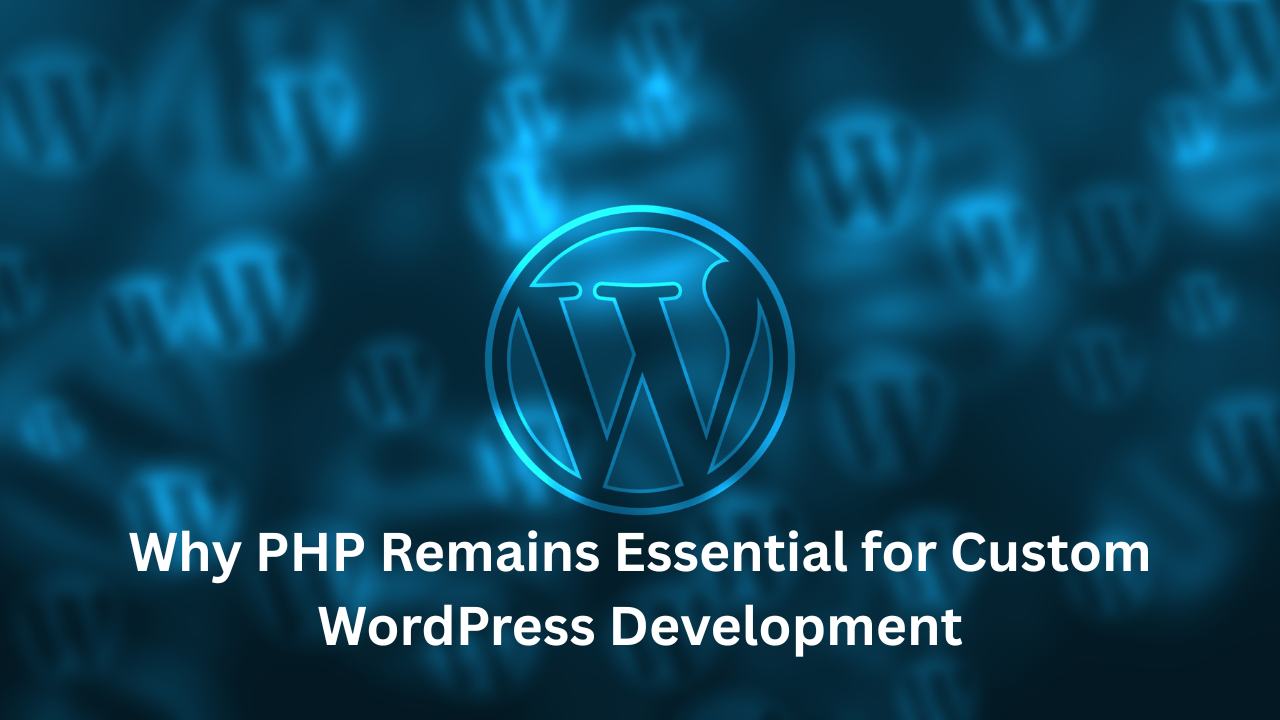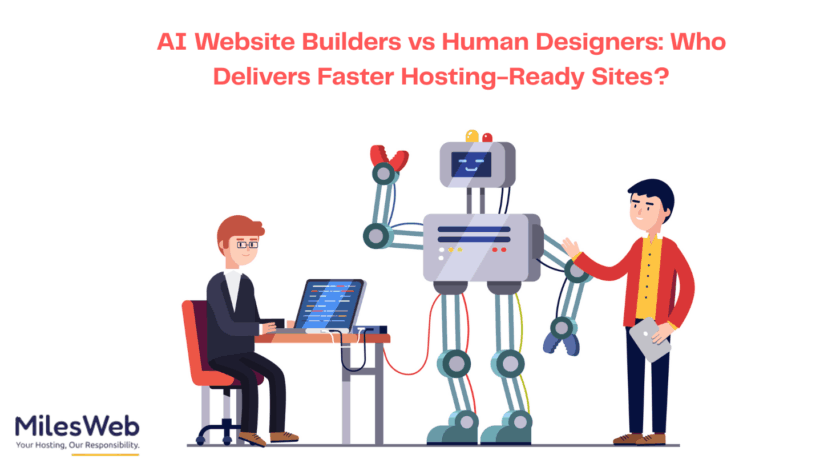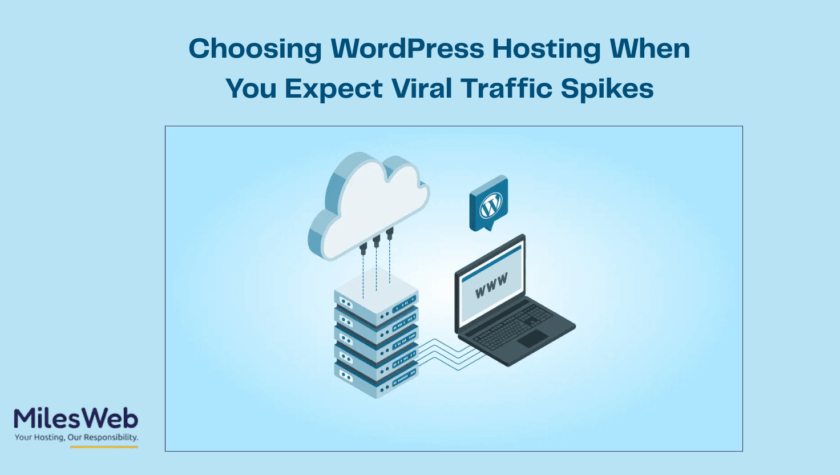Introduction
In the ever-changing world of web development, new frameworks and languages appear almost daily, promising to be faster, lighter, or more secure than the technologies we’ve relied on for decades. It’s exciting to watch innovation happen, but it also makes some developers wonder if older tools are still worth using. One of the most debated technologies is PHP—the language that powers WordPress, the world’s most popular content management system.
Critics call it outdated, yet millions of websites continue to rely on it. So, the question becomes: is PHP still essential for custom WordPress development, or has its time passed?
The short answer: PHP is alive, kicking, and still running the show behind WordPress. If you’ve ever installed a plugin, built a theme, or customized a WooCommerce store, you’ve been working with PHP.
And if you’ve thought about pushing WordPress beyond its limits—into full-scale applications, complex integrations, or custom web systems—you’ll soon realize that PHP remains the backbone holding it all together. Without it, WordPress development as we know it wouldn’t exist.
Why WordPress and PHP Are Still Married
WordPress was built in PHP and continues to evolve with it. That’s not just a historical foot-note it’s a present-day reality. Every time WordPress introduces new features, it does so with PHP in the mix. The template hierarchy? PHP. Theme functions? PHP. Plugin development? You guessed it, of course PHP again.
There’s a common misconception that PHP is somehow “dying.” In truth, PHP remains one of the most widely used server-side languages in the world. According to industry stats, nearly 77 percent of websites that rely on a server-side language use PHP. That number isn’t shrinking anytime soon, and WordPress accounts for a huge chunk of that dominance.
And sure, some developers roll their eyes when PHP comes up. They might say, “But what about Node.js or Python frameworks?” Those have their place, no doubt. Yet when you’re dealing with custom WordPress work plugins, themes, or backend extensions PHP is not optional. It’s the core language that makes it possible to bring ideas to life.
The Role of PHP in Custom WordPress Sites
Custom WordPress development is all about pushing boundaries. Maybe you want to add a booking system to your site. Perhaps your WooCommerce store needs a subscription module that doesn’t exist yet. Or maybe you want to integrate your website with a CRM or third-party API. Every single one of these tasks will require custom PHP coding.
I remember working with a client who wanted a membership system that tied into both WooCommerce and an external learning platform. Off-the-shelf plugins got them halfway there, but to finish the job, we had to build a PHP-based custom plugin. It wasn’t flashy, but it worked perfectly, and that’s what made the difference.
PHP handles the logic that connects the front end with the database. When you need a system that pulls custom fields, processes form submissions, or interacts with external APIs, PHP is the reliable workhorse. Sure, you could hack together a workaround, but if you want a clean, scalable solution, you’ll end up writing PHP eventually.
Why PHP Matters for WordPress Developers
If you’re a developer aiming to master WordPress customization, PHP is not just helpful—it’s essential. You can know CSS for styling, JavaScript for interactivity, and even React for front-end experiences, but without PHP you’ll always be limited.
PHP is what lets you hook into WordPress actions and filters. It’s what enables you to create custom post types, taxonomies, and meta boxes. It’s the language that allows you to extend WordPress in a way that plugins alone cannot. Once you understand PHP, you gain real control over how WordPress behaves.
And here’s the fun part. Once you start using PHP effectively, you also begin to appreciate WordPress as more than just “blogging software.” You see it as a flexible framework for building serious applications. At that point, PHP stops being just another language—it becomes the bridge between your creativity and the client’s needs.
The Power of the WP REST API
One of the coolest evolutions in WordPress development has been the rise of the WP REST API. With it, WordPress can now act as a headless CMS, feeding content into applications built in any language or framework. But here’s the kicker: the REST API is still powered by PHP on the backend.
So while you might build a slick front end with React or Vue, the actual data structure, authentication, and routing are handled by PHP. If you want to extend or customize the REST API, guess what—you’ll be writing PHP code.
This opens the door to app development as well. Many agencies, like SiteMile, specialize in using the WordPress REST API to create mobile apps, dashboards, woocommerce and complex systems. They combine custom PHP development with WordPress’s flexibility, delivering solutions that go far beyond what the default installation can do.
That’s the future: using PHP not just for websites but as the foundation for full-stack applications.
Common Myths About PHP and WordPress
PHP has been around long enough to attract critics, and some myths continue to circulate. Let’s address a few:
- “PHP is insecure.” In reality, any language can be insecure if used poorly. Modern PHP, combined with proper practices, is secure enough to run banking systems and enterprise apps.
- “WordPress doesn’t scale.” With optimized PHP code, caching, and the right hosting, WordPress can handle millions of users.
- “PHP is outdated.” Current versions of PHP are fast, memory-efficient, and support modern development practices. The language has grown significantly from its early days.
- “Only small sites use PHP.” Major companies, including Facebook (in its early form), Wikipedia, and Slack, have roots in PHP. WordPress powers everything from small blogs to enterprise platforms.
I sometimes laugh when I hear people dismiss PHP, because the same people often use WordPress every day. It’s like saying you hate pizza while eating a slice.
PHP and Custom Development: Real Business Benefits
For businesses, the reason PHP and WordPress matter is simple: flexibility. Off-the-shelf solutions are fine, but they rarely cover every need. Custom development fills the gaps, ensuring your site or application works exactly as required.
With PHP, developers can:
- Build custom plugins tailored to unique workflows
- Create bespoke themes optimized for performance and branding
- Extend WooCommerce with advanced checkout flows, pricing rules, or integrations
- Connect WordPress with CRMs, ERPs, or external systems
- Develop mobile apps using WordPress as a backend through the REST API
These aren’t just technical advantages. They translate into real-world business benefits: smoother operations, better user experiences, and competitive advantages. Companies like SiteMile have built their reputation on providing exactly these types of solutions—custom PHP work, advanced WordPress development, and even app integrations that take WordPress far beyond its blogging roots.
Why Agencies Still Rely on PHP
Agencies know that when a client asks for something unusual, it usually means custom PHP. A plugin might get you close, but custom work seals the deal. That’s why agencies that master PHP have an edge. They can say yes to projects that others can’t handle.
SiteMile is a good example. Their team offers custom WordPress websites, advanced PHP programming, and app development through the WP REST API. Instead of saying, “That can’t be done,” they build it. That flexibility makes them attractive to businesses that need more than cookie-cutter solutions.
Agencies that understand PHP don’t just build websites—they build systems. They solve problems. And in a world where businesses are fighting for digital relevance, that’s exactly what clients need.
PHP in the Bigger Picture of Web Development
Even outside of WordPress, PHP remains significant. Frameworks like Laravel and Symfony continue to power modern web apps. Many companies use PHP for their core products, not just websites. This broader ecosystem reinforces PHP’s value.
For WordPress developers, this means skills transfer easily. Once you understand PHP in the context of WordPress, you can expand into other PHP frameworks. That opens opportunities in custom web applications, APIs, and even enterprise systems. In other words, learning PHP for WordPress isn’t just useful—it’s a career investment.
Looking Ahead: PHP and WordPress in the Future
WordPress continues to evolve with PHP at its core. Each new release improves compatibility with the latest PHP versions, taking advantage of performance and security updates. The WordPress community isn’t abandoning PHP—it’s doubling down on it.
Meanwhile, businesses keep demanding custom solutions. As websites transform into full-fledged platforms—integrating with apps, payment systems, and external APIs—the demand for PHP developers grows. Far from being outdated, PHP is positioned as the quiet powerhouse that enables innovation in WordPress development.
Conclusion
PHP might not be the trendiest language in the developer world, but it remains the lifeblood of custom WordPress development. From themes and plugins to advanced app integrations, PHP drives the flexibility that makes WordPress so powerful. Without it, custom development would grind to a halt.
For businesses, this means one thing: if you want a WordPress site that does more than the basics, you need PHP expertise. Agencies like SiteMile provide exactly that: offering not only SEO-friendly WordPress sites but also custom PHP development, complex integrations, and even app builds powered by the WP REST API. That combination ensures your site isn’t just another installation but a true digital solution.
So the next time someone tells you PHP is dead, just smile. PHP isn’t dead but it’s running most of the internet while everyone debates it.
And if PHP ever does retire, I’m sure it will find work teaching JavaScript how to behave.



